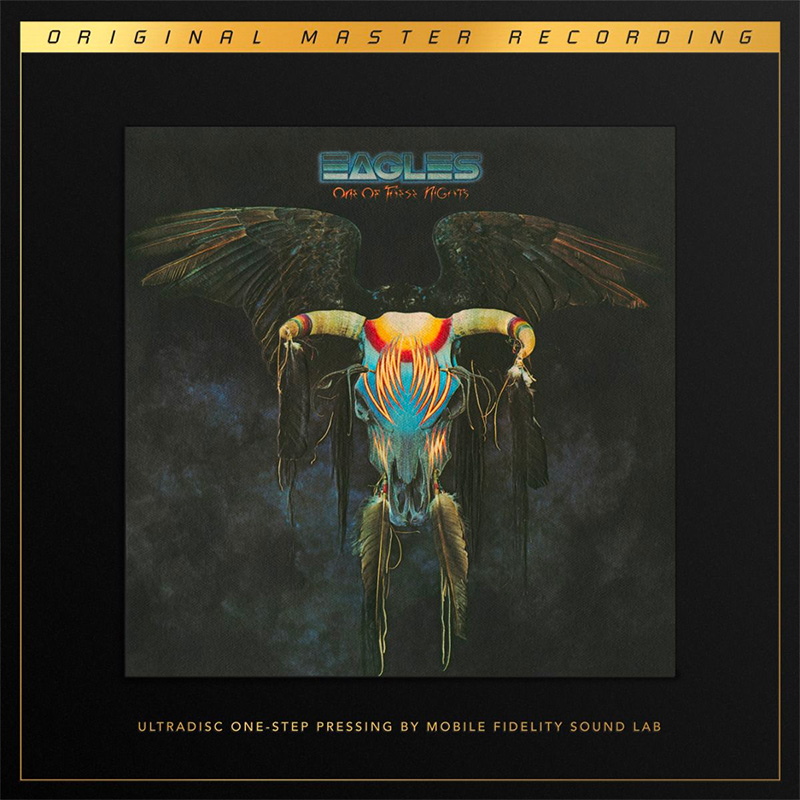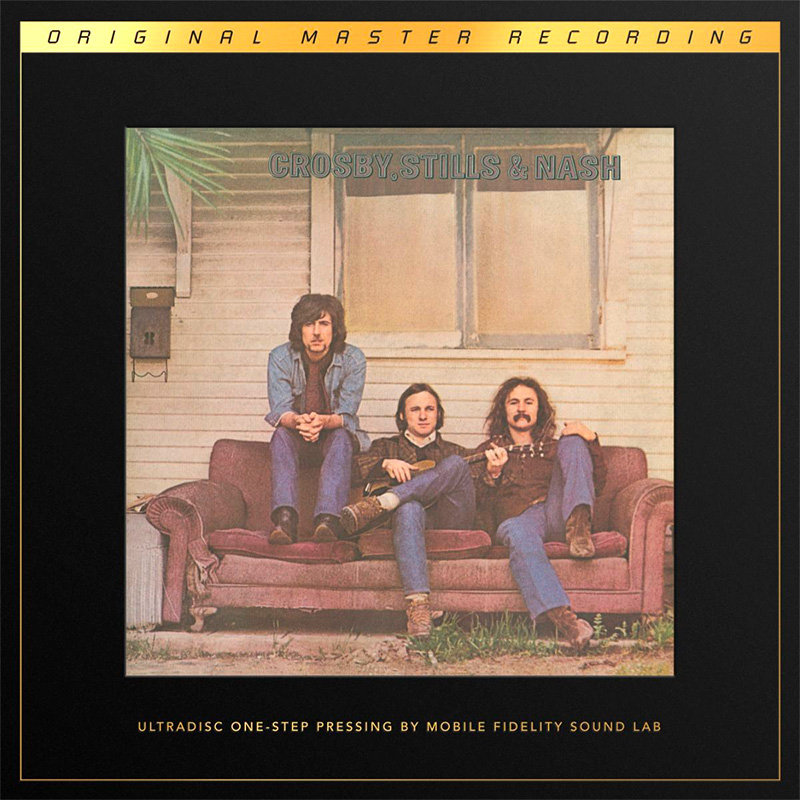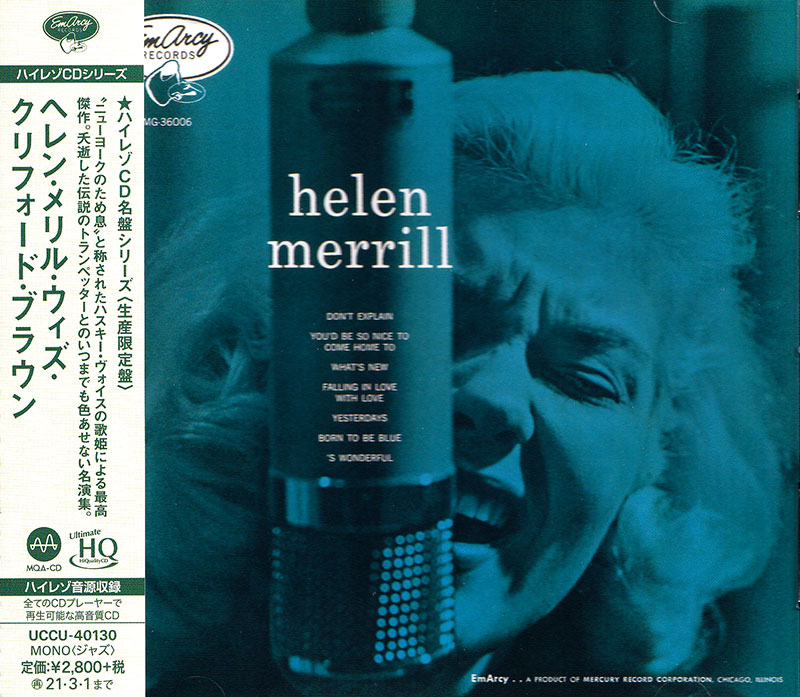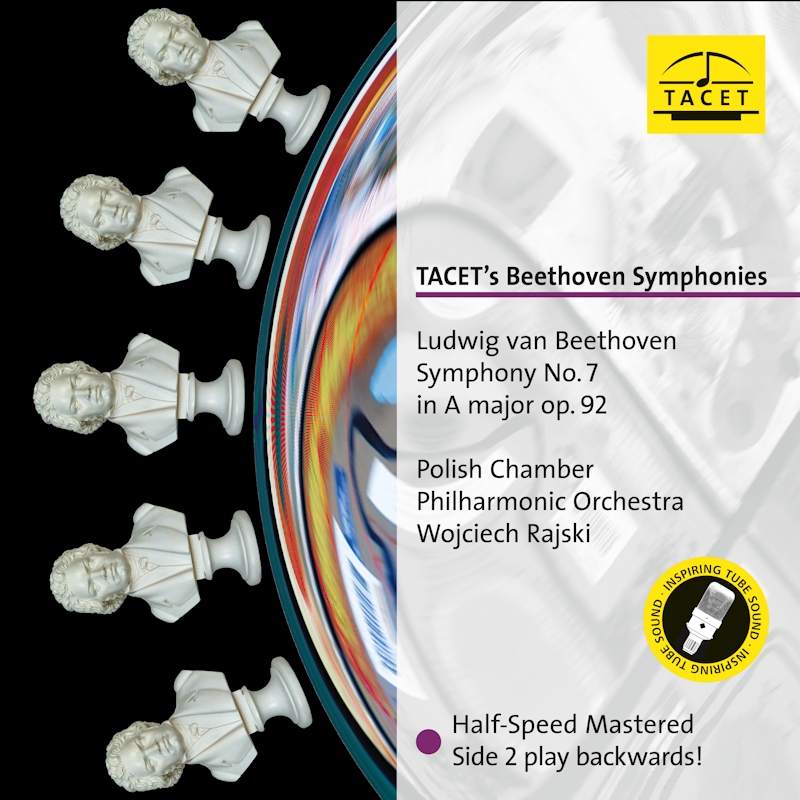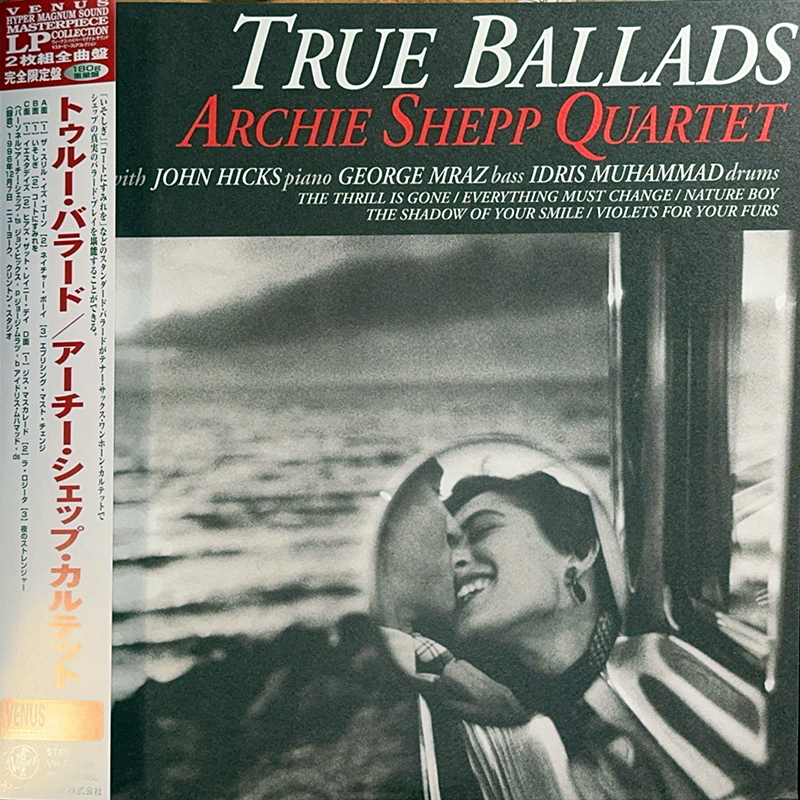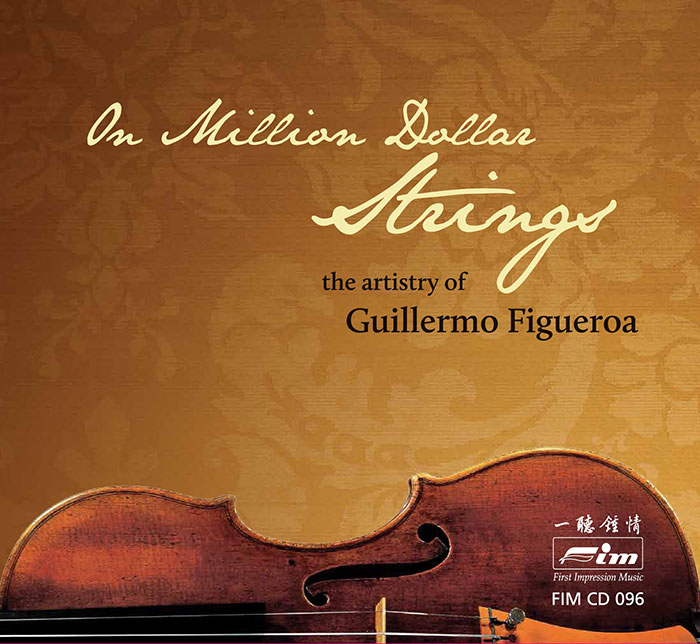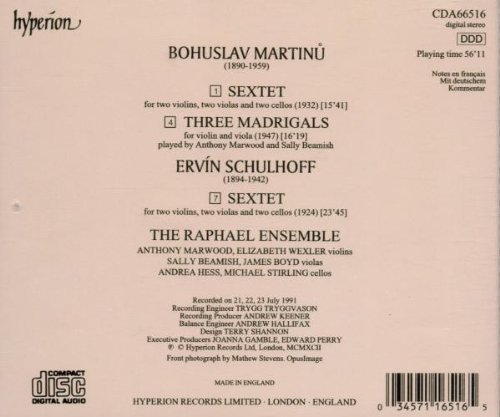Logowanie
OSTATNIE EGZEMPLARZE
Jakość LABORATORYJNA!
ORFF, Gundula Janowitz, Gerhard Stolze, Dietrich-Fischer Dieskau, Deutsche Oper Berlin, Eugen Jochum
Carmina Burana
ESOTERIC - NUMER JEDEN W ŚWIECIE AUDIOFILII I MELOMANÓW - SACD HYBR
Winylowy niezbędnik
ClearAudio
Essence MC
kumulacja zoptymalizowana: najlepsze z najważniejszych i najważniejsze z najlepszych cech przetworników Clearaudio
Direct-To-Disc
PIAZZOLLA, ChamberJam Europe
Tangos del Ángel y del Diablo
Direct-to-Disc ( D2D ) - Numbered Limited Edition
SCHULHOFF, MARTINU, The Raphael Ensemble
String Sextets
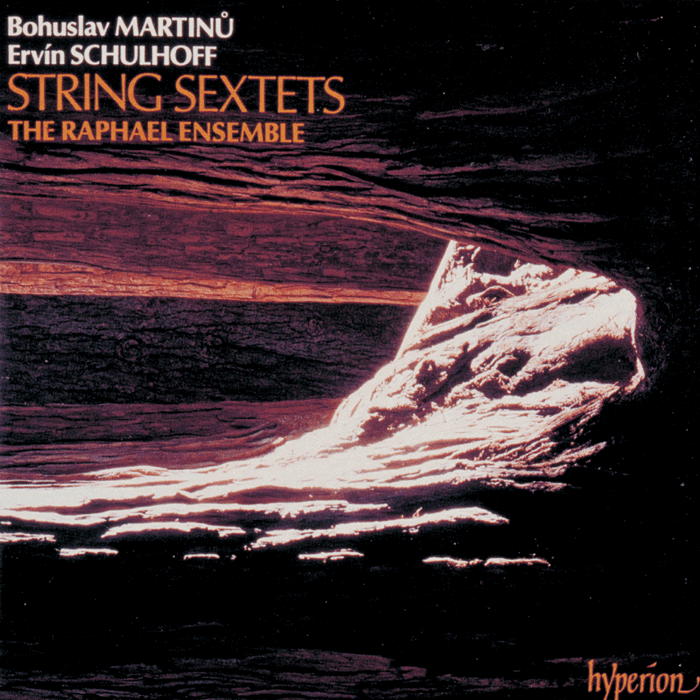
- Sextet for two violins, two violas and two cellos [15'31] 1 Lento – Allegro poco moderato [6'50] 2 Andantino – Allegro scherzando – Tempo 1 [4'40] 3 Allegretto poco moderato [4'01] Three Madrigals [16'09] 4 Poco allegro – Poco vivo [3'57] 5 Poco andante – Andante moderato [6'19] 6 Allegro – Moderato – Tempo 1 – Allegro [5'53] Sextet for two violins, two violas and two cellos [23'35] Erwin Schulhoff (1894-1942) 7 Allegro risoluto [5'46] 8 Tranquillo: Andante [7'22] 9 Burlesca: Allegro molto con spirito [3'32] 10 Molto adagio [6'55]
- The Raphael Ensemble
- MARTINU
- SCHULHOFF
" GRAMOPHONE CRITICS' CHOICE 'Superb, refined and polished. The sonics are excellent. Schulhoff's music deserves to be better known' (American Record Guide) 'Superlatively played and beautifully recorded' (The Good CD Guide) 'Martinu at his best. The Three Madrigals are given stunning performances' (Gramophone) ---------------------------------------------------------------------- "Bohuslav Martinů (Czech pronunciation: [ˈboɦuslaf ˈmarcɪnuː] ( listen); December 8, 1890 – August 28, 1959) was a prolific Czech composer of modern classical music. Martinů wrote 6 symphonies, 15 operas, 14 ballet scores and a large body of orchestral, chamber, vocal and instrumental works. Martinů became a violinist in the Czech Philharmonic Orchestra, and taught music in his home town. In 1923 Martinů left Czechoslovakia for Paris, and deliberately withdrew from the Romantic style in which he had been trained. In the 1930s he experimented with expressionism and constructivism, and became an admirer of current European technical developments, exemplified by his orchestral works Half-time and La Bagarre. He also adopted jazz idioms, for instance in his Kuchyňské revue ("Kitchen Revue"). In the early 1930s he found his main font for composition style, the neo-classical as developed by Stravinsky. With this, he expanded to become a prolific composer, composing chamber, orchestral, choral and instrumental works at a fast rate. His use of the piano obbligato became his signature. His Concerto Grosso and the Double Concerto for Two String Orchestras, Piano and Timpani are among his best known works from this period. Among his operas, Juliette and The Greek Passion are considered the finest. He is compared with Prokofiev and Bartók in his innovative incorporation of Central European ethnomusicology into his music. He continued to use Bohemian and Moravian folk melodies throughout his oeuvre, usually nursery rhymes—for instance in Otvírání studánek ("The Opening of the Wells"). His symphonic career began when he emigrated to the United States in 1941, fleeing the German invasion of France, to compose his six symphonies, which were performed by all the major US orchestras. Eventually Bohuslav Martinů returned to live in Europe in 1956, dying in Switzerland in August 1959."
